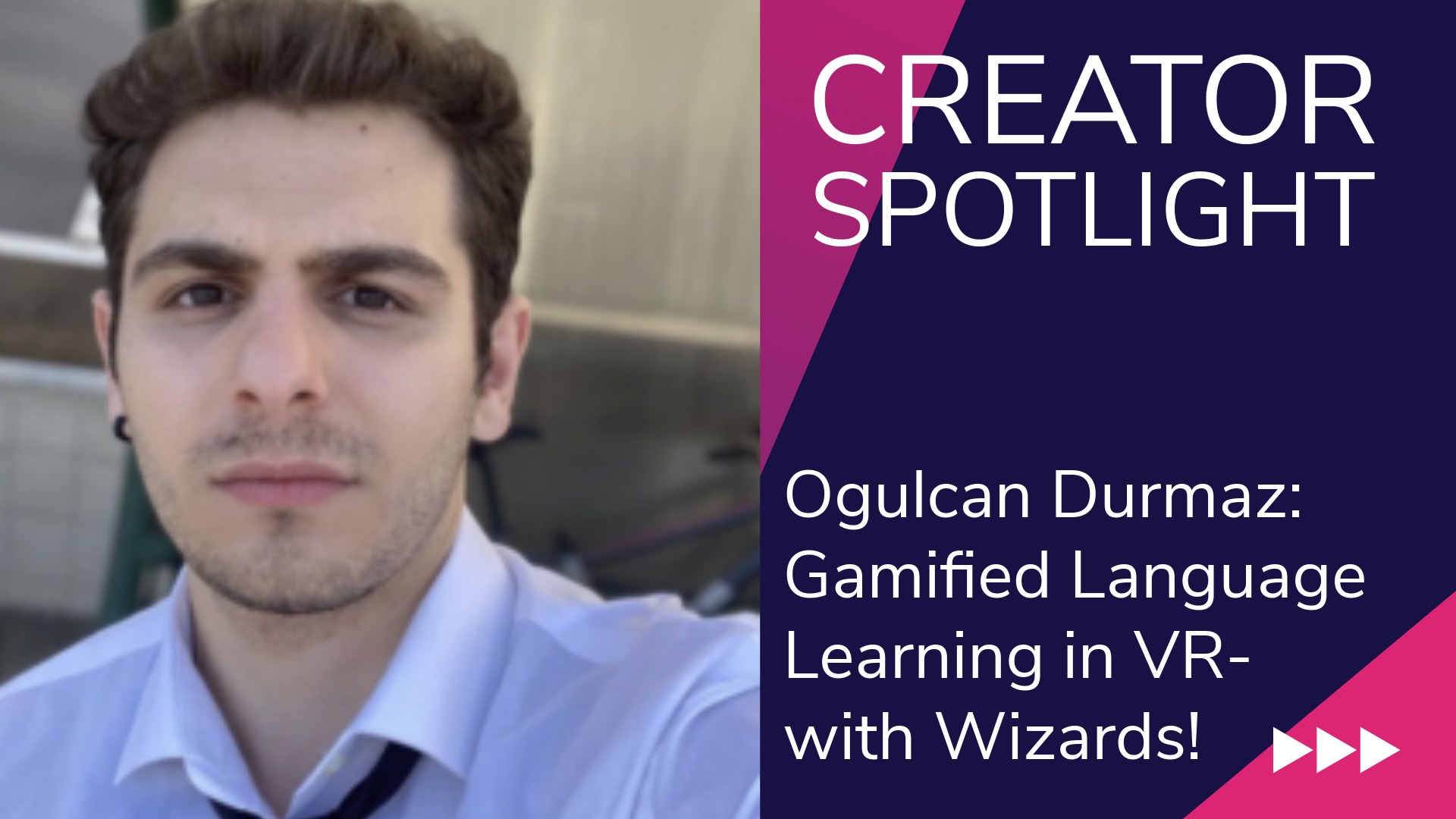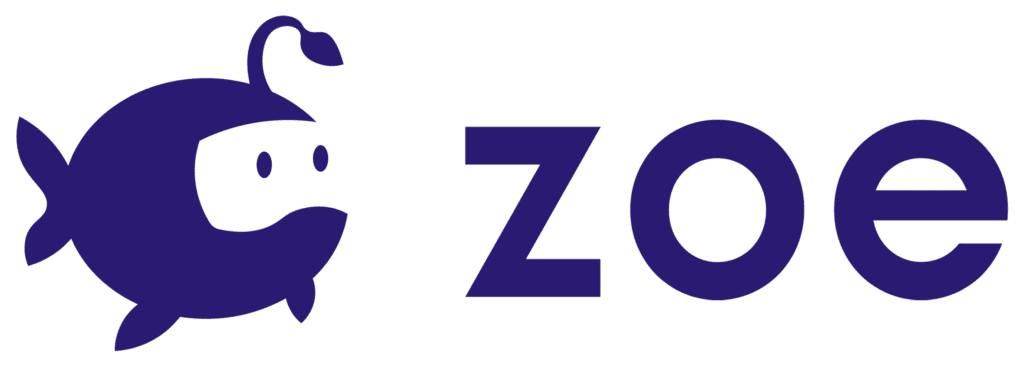
About Ogulcan
Ogulcan Durmaz is a first-year Informatics PhD student at the University of Illinois Urbana-Champaign (UIUC), with a master’s degree in Teaching English as a Second Language. His research sits at the intersection of linguistics, immersive learning, and emerging technologies like VR and XR.
At UIUC, Ogulcan collaborates with faculty in the linguistics program’s VR research lab, leveraging cutting-edge tools to design immersive, story-driven learning experiences.
I’m trying to combine language teaching and a new technology like the XR technologies, and I’m trying to find ways to utilize those to create effective language learning and teaching experiences for a variety of learners.
Creating with Zoe for Unity
During the Zoe Creator Program, Ogulcan designed a narrative-based language learning game that combined interactive storytelling, vocabulary practice, and listening tasks.
The experience follows a fantasy adventure inspired by wizard lore: a conflict between good and evil wizards, framed to engage young learners and Harry Potter fans alike.
Key elements of his prototype included:
- A story-driven environment that kept learners engaged through roleplay.
- Vocabulary and listening tasks integrated into the gameplay.
- Clever use of AI tools (ChatGPT for story generation, ElevenLabs for narration) alongside Zoe’s Unity plugin.
- Interaction mechanics built quickly with Zoe’s visual, block-like logic system.
The Zoe Plugin Advantage
For Ogulcan, the biggest breakthrough was how quickly Zoe let him move from concept to prototype.
Instead of spending weeks debugging, he was able to focus on designing meaningful interactions for language learners.
“I spent like three or four days exploring the plugin, and I actually did not need to watch any more tutorial videos. It was so easy to use. Everything was clear.”
This accessibility is especially powerful for educators, many of whom may not have programming backgrounds but want to bring immersive learning into their classrooms.
Looking Ahead
The project Ogulcan created was only the beginning. His prototype functioned as the prologue of a larger language learning game, with plans to expand it into multiple chapters and new task types.
Future directions he envisions:
- Expanding beyond vocabulary and listening to include speaking and writing tasks.
- Building more chapters of the wizard narrative to sustain learner engagement.
- Using VR not just for classroom practice but also for conference presentations and collaborative research.
“It wasn’t just creating an application for the sake of the program—it was making connections with other people and presenting what we have done at conferences.”
What the Zoe plugin is enabling is that it gives everyone a chance to program without knowing how to program, because it’s like pieces of a puzzle you combine—and then you have all the interactions you need in the virtual world.
Advice for Educators Interested in VR
When asked what he would share with others who are curious but hesitant about trying VR, Ogulcan emphasized the importance of experimentation:
“If they don’t know where to start, I would just say jump in. The first thing is to try and fail.”
He highlighted the supportive community he found through the Creator Program, where mentors and peers offered guidance and troubleshooting help, as one of the keys to his success.
Ready to Build Your Own VR Lesson?
Whether you’re an educator, researcher, or designer, Zoe makes it possible to prototype immersive experiences quickly—without advanced coding knowledge.




